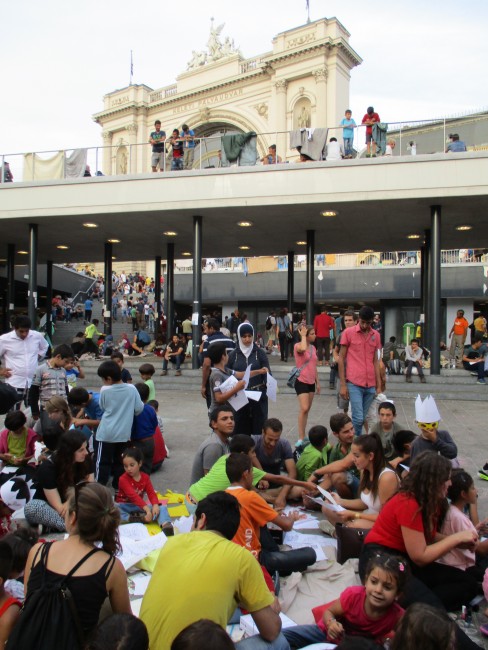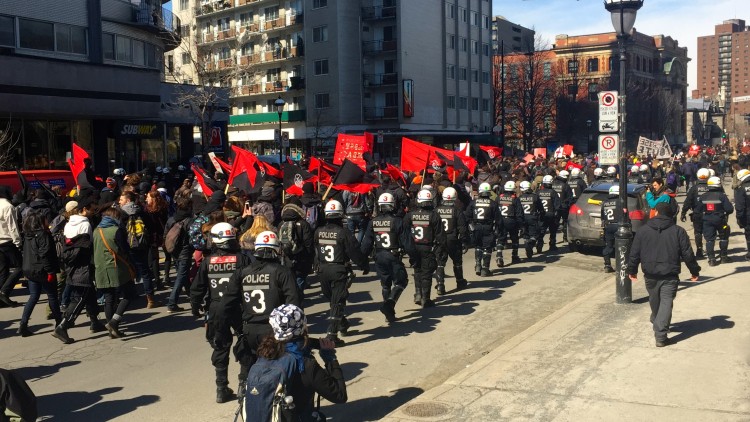“Normal lives” and the state in a Sarajevo apartment complex
Yearnings in the Meantime is a volume of the “Dislocations” series published by Berghahn Books. The immense dislocations and suffering caused by neo-liberal globalization, the retreat of the welfare state in the last decades of the twentieth century, and the heightened military imperialism at the turn of the twenty-first century have raised urgent questions about the temporal and spatial dimensions of power. Through stimulating critical perspectives and new and cross-disciplinary frameworks, which reflect recent innovations in the social and human sciences, this series provides a forum for politically engaged, ethnographically informed, and theoretically incisive responses.
Continue reading


